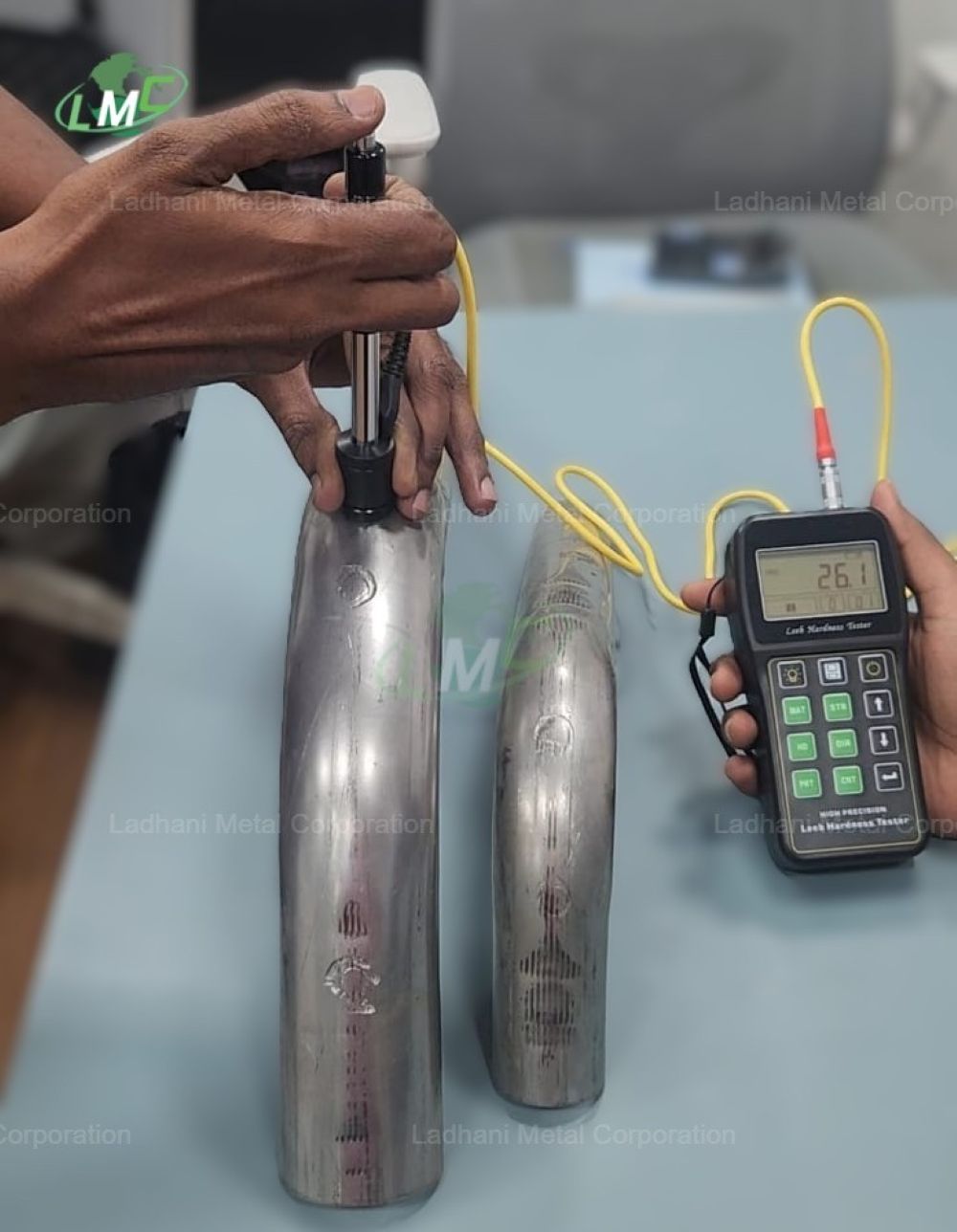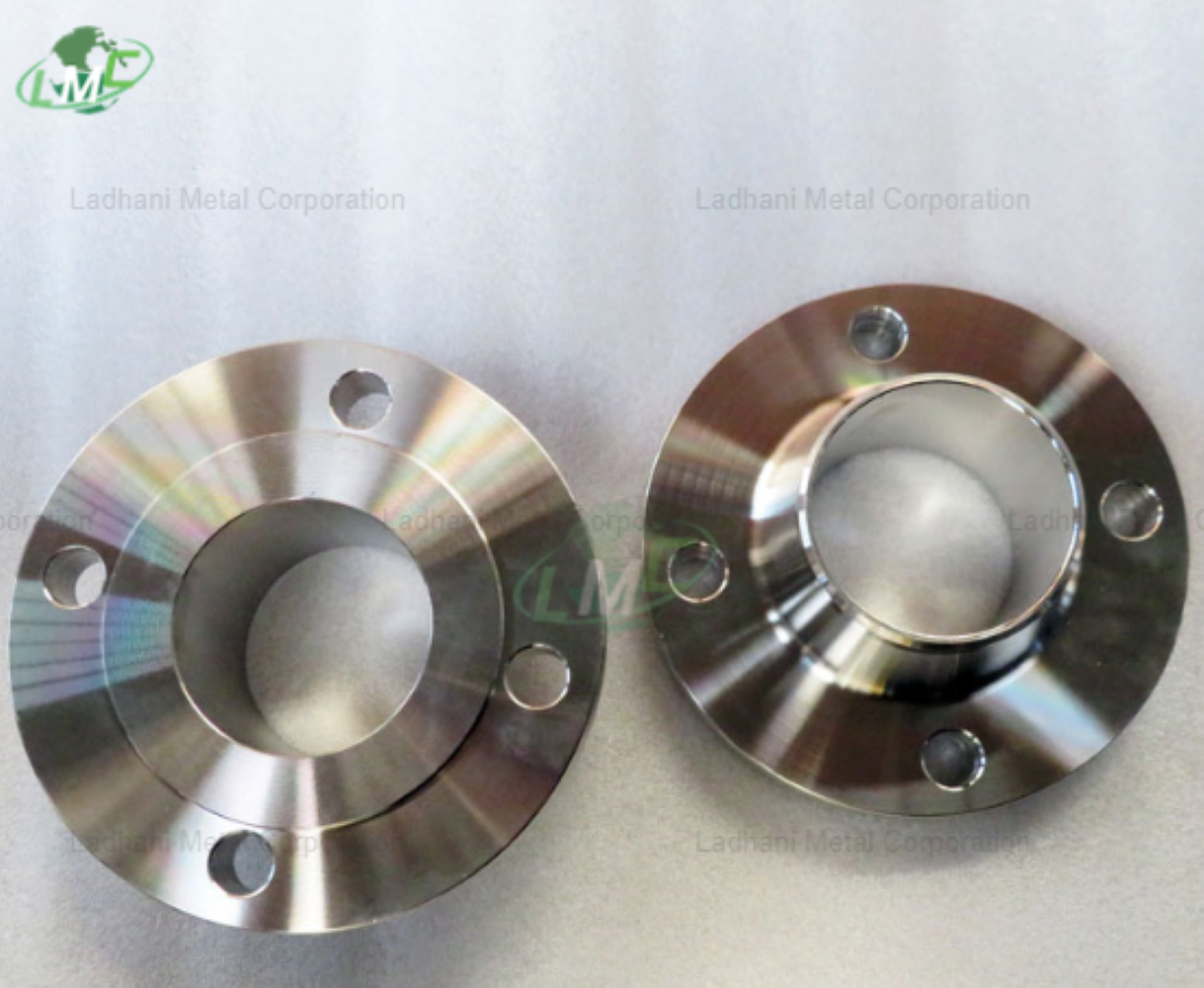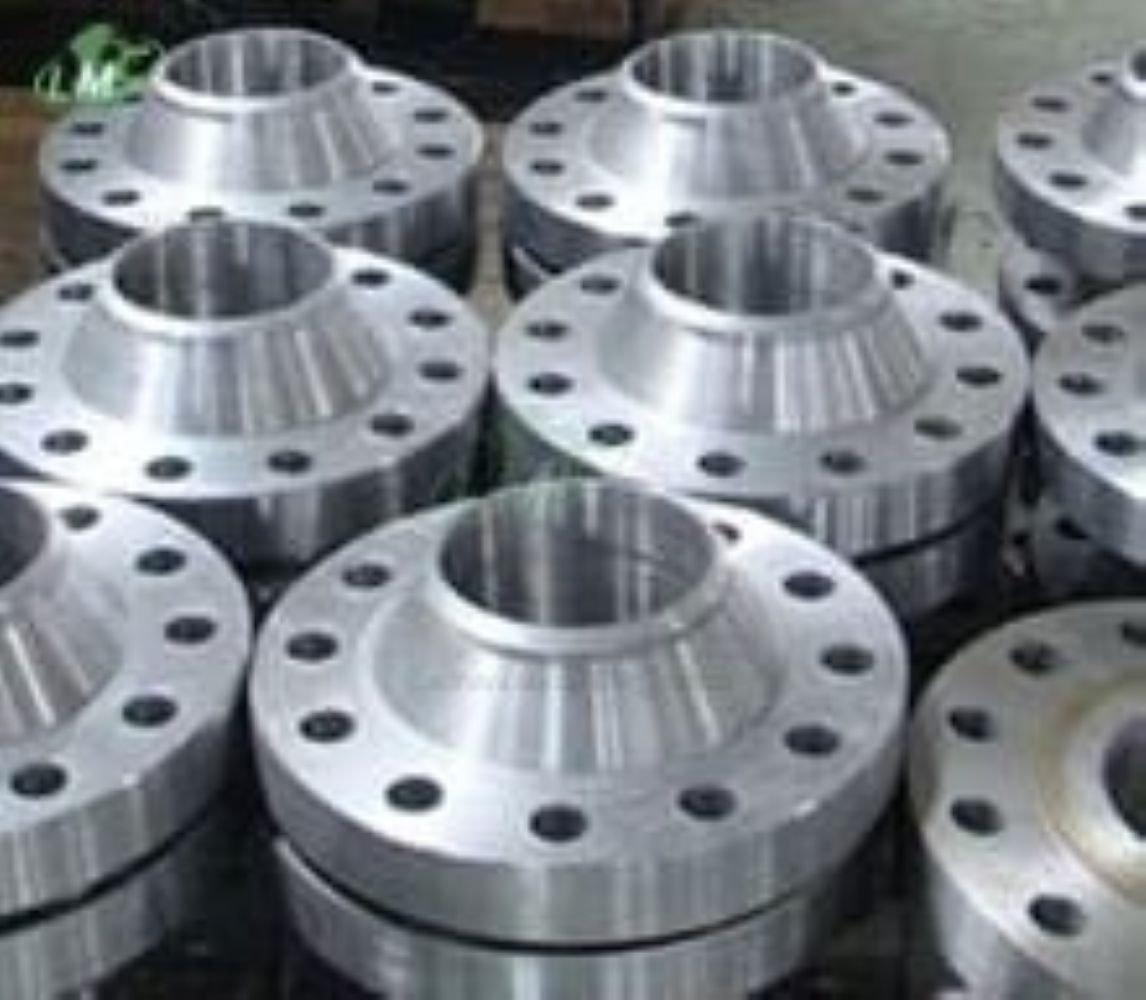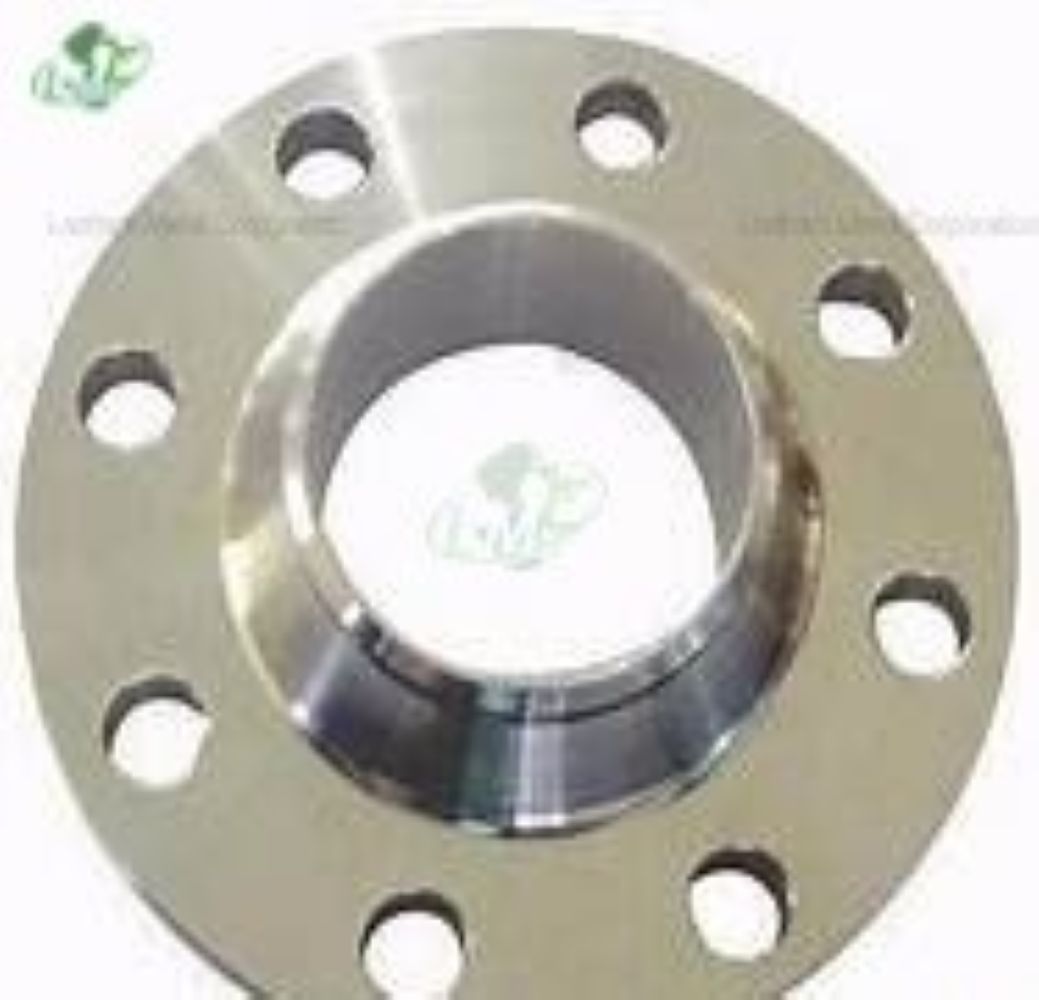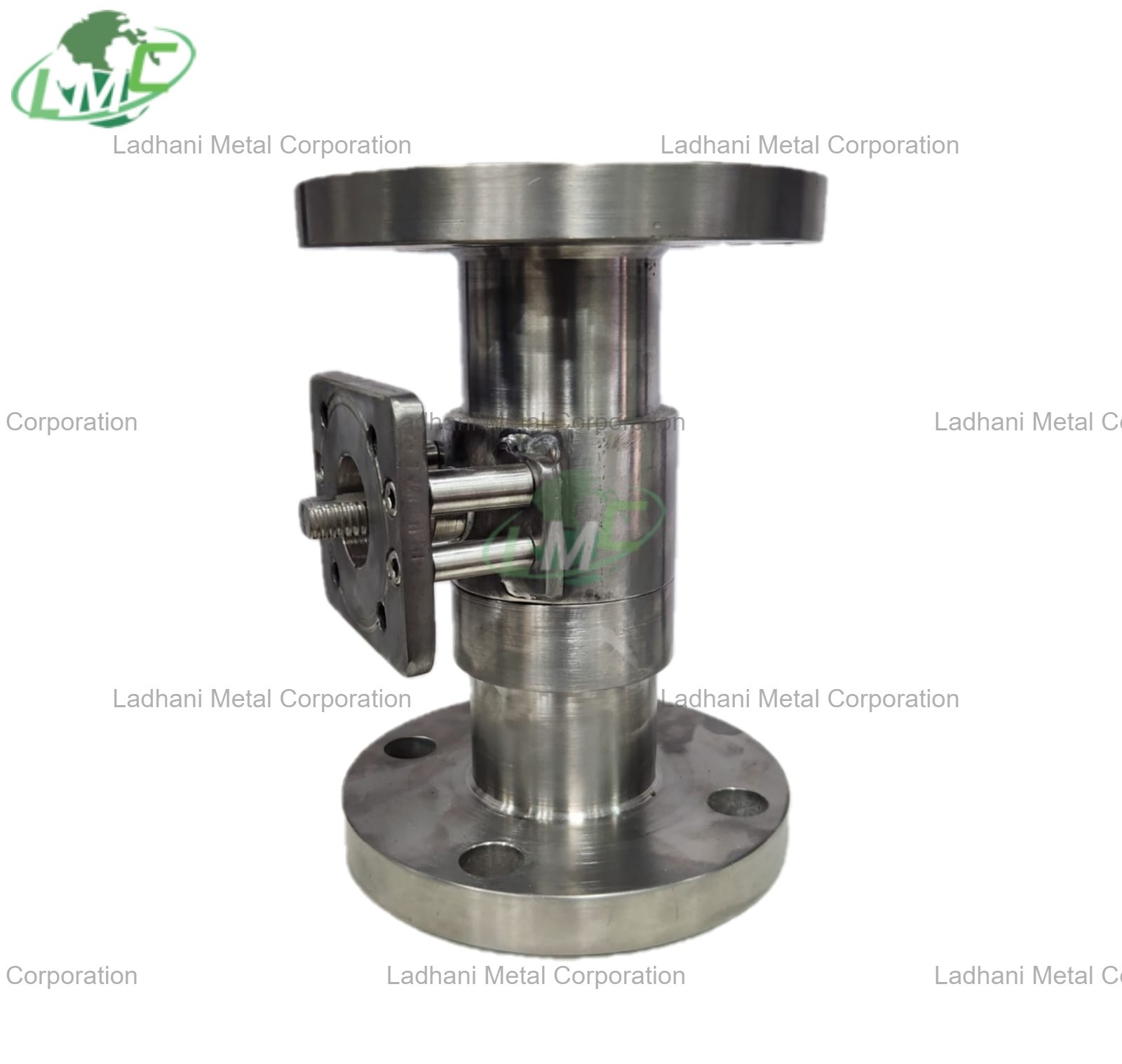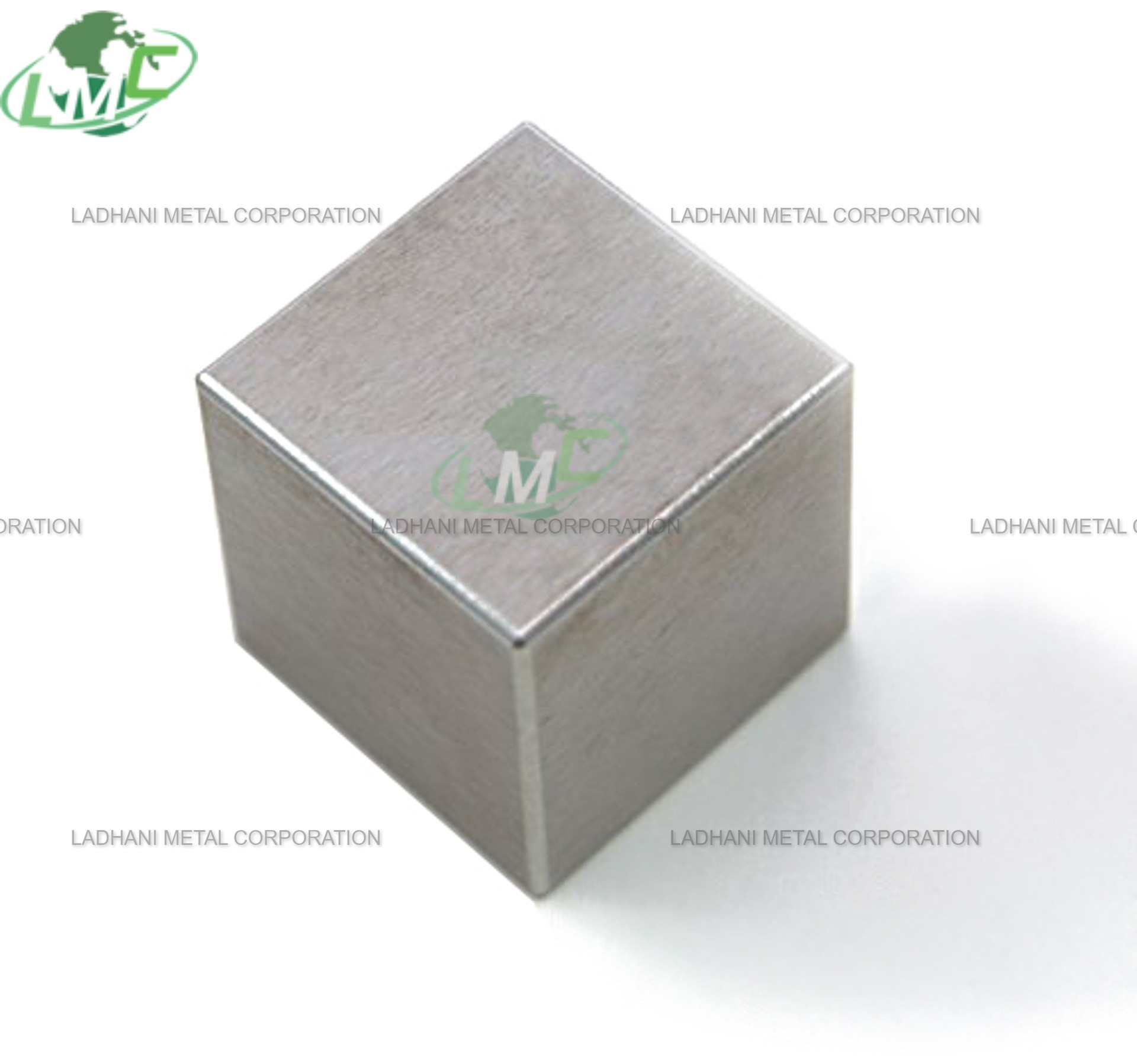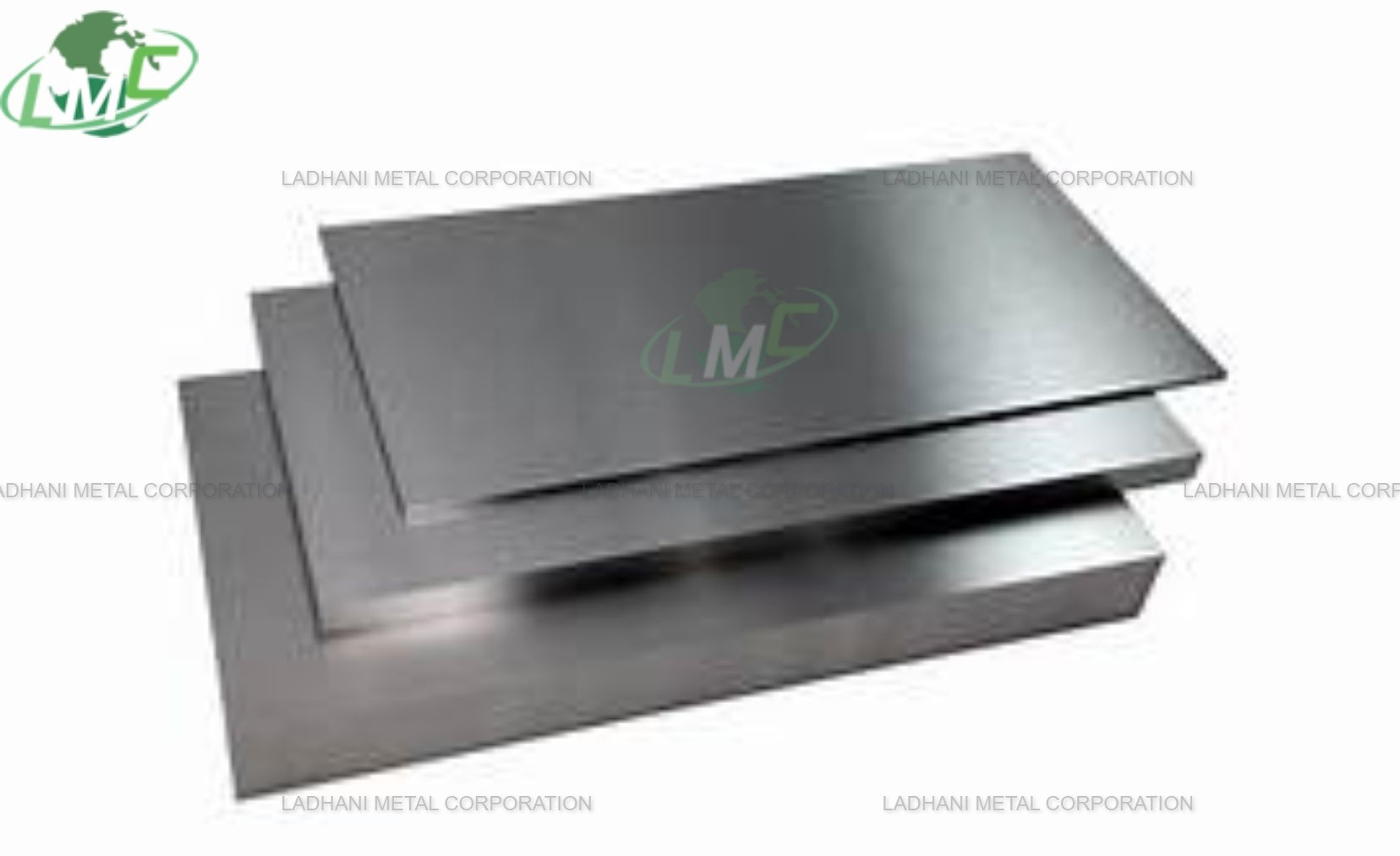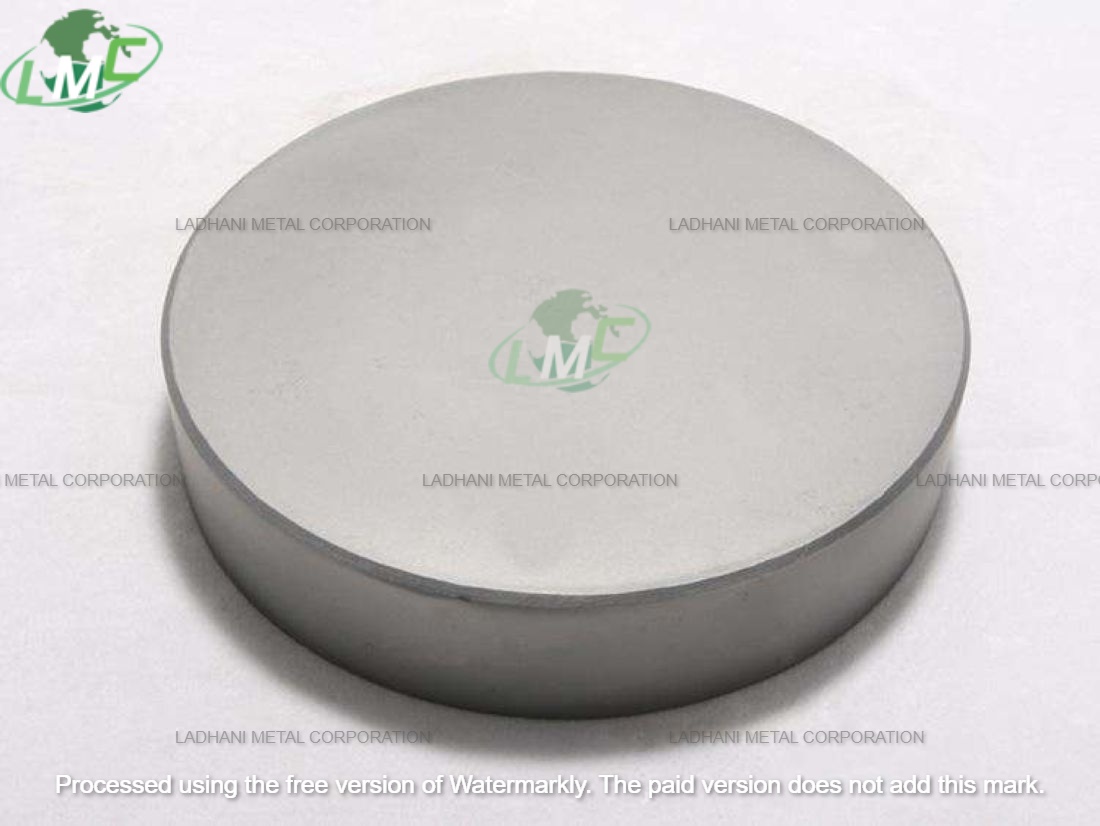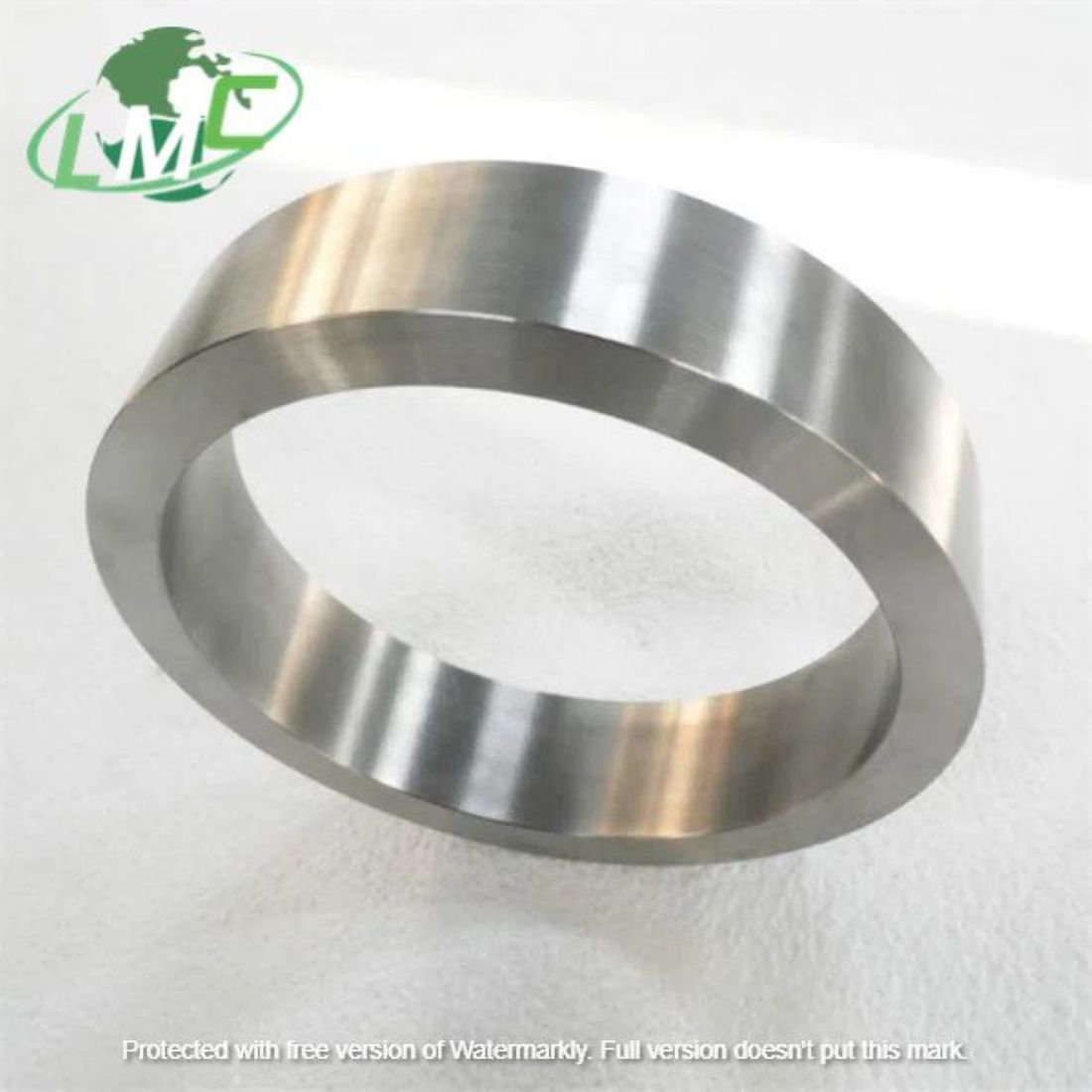Half Round Tube Shield Half Round Tube Shields by Ladhani Metal Corporation are designed to protect heat exchange surfaces such as boiler tubes, superheaters, and economizer coils from erosion, scaling, impact from ash particles, and flue gas corrosion. These shields are commonly applied in power plants, waste heat recovery boilers, and industrial heating systems to increase the service life of tubes and improve overall system reliability. Their semi-cylindrical shape ensures a snug fit over tube surfaces, especially in zones exposed to high-velocity gas flow or particulate matter. SS 410 Half Round Tube Shield for LTSH Tube The SS 410 Half Round Tube Shield is manufactured from martensitic stainless steel grade 410. This material offers high mechanical strength, moderate corrosion resistance, and excellent resistance to wear and oxidation in mildly corrosive and thermal environments. Specifically developed for Low Temperature Superheater (LTSH) applications, the SS 410 shield provides effective surface protection against soot, fly ash, and erosive gas streams where thermal and mechanical stresses are present. The Low Temperature Superheater (LTSH) is a section in a boiler where saturated steam from the steam drum is superheated to a moderately higher temperature before entering the high-temperature superheater stages. Positioned in areas with relatively lower flue gas temperatures, the LTSH helps improve thermal efficiency and reduces moisture content in steam. Due to constant exposure to abrasive flue gases and ash, LTSH tubes are prone to wear and require protective shielding, such as half round tube shields, to extend service life. Ladhani Metal Corporation is a trusted manufacturer, supplier, and exporter of SS 410 Half Round Tube Shields for LTSH applications, offering durable, cost-effective protection in thermal and industrial systems. Chemical Composition of SS 410 – Martensitic Stainless Steel • Carbon (C): 0.08 – 0.15% • Manganese (Mn): ≤ 1.00% • Phosphorus (P): ≤ 0.040% • Sulfur (S): ≤ 0.030% • Silicon (Si): ≤ 1.00% • Chromium (Cr): 11.5 – 13.5% • Nickel (Ni): ≤ 0.75% • Iron (Fe): Balance Applications: Suitable for low-temperature superheater zones exposed to fly ash erosion, oxidation, mechanical abrasion, and light corrosion. Uses • Installed on LTSH tube surfaces in power boilers to protect against particulate erosion and flue gas impact • Shields return bends and convection coils in HRSGs and WHRBs exposed to fluctuating gas temperatures • Used in process boilers and steam generators handling slightly corrosive or abrasive flue gases • Effective for dry ash and solid particulate protection in coal and biomass-fired units • Ideal for applications where wear resistance and moderate corrosion protection are critical Features • High mechanical strength – Withstands erosion, abrasion, and mechanical stress in high-flow zones • Moderate corrosion and oxidation resistance – Suitable for dry and mildly corrosive flue gas streams • Custom-fit – Fabricated to match the diameter, curvature, and layout of LTSH tubes • Easy installation – Compatible with weld-on, clamp-on, or banding installation methods • Cost-effective protection – Durable performance at an economical price point • Available in multiple lengths, thicknesses, and tube radii as per application needs Applications • thermal power plants – Protects LTSH tubes from fly ash impact and erosion in dry flue gas paths • waste heat recovery boilers – Applied in low-temperature return sections vulnerable to mechanical wear • steam generation systems – Shields superheater tubes operating in abrasive flue gas conditions • coal-fired boilers – Guards against slag and ash erosion in lower convection zones • process and utility boilers – Extends tube life in units operating with solid fuel combustion Conclusion The SS 410 Half Round Tube Shield for LTSH Tube by Ladhani Metal Corporation – manufacturer, supplier, and exporter – offers reliable, abrasion-resistant protection for superheater and boiler tubes in low-temperature flue gas environments. With its excellent wear resistance and mechanical durability, it is a practical choice for enhancing system performance and reducing downtime in power and industrial boilers. For custom sizing, technical guidance, or quotations, please contact Ladhani Metal Corporation.
Send Message
